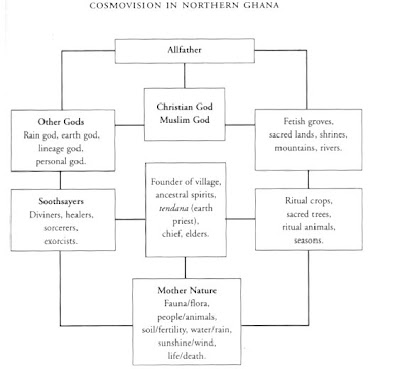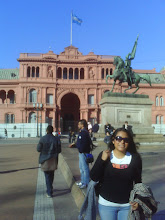This is a practical policy document put at the service of the ILO’ s tripartite constituents to advance the Decent Work Agenda in Africa. This effort gained unprecedented momentum with the landmark African Union Extraordinary Summit on Employment and Poverty Alleviation in Africa which took place shortly after our last African Regional Meeting.
The report presents three areas of focus:
- Linking the Decent Work Agenda to the Millennium Development Goals and the wider global development agenda.
- Shaping ILO support to the Ouagadougou follow-up through a decent work policy portfolio for Africa within a framework of time-bound targets.
- Reinforcing the ILO’ s Africa constituents. If the world is committed to national ownership of poverty reduction strategies, then we have to be serious about reinforcing the social and economic arm of governments and helping African social partners to organize and exercise their voice as the real actors of the economy. This is integral to good governance and making decent work a national reality.
· In most African countries, economic growth has been relatively buoyant over the last few years. According to the International Monetary Fund (IMF), the African region grew by 5.4 per cent in 2005 and 2006, and is projected to expand further in 2007 by 5.9 per cent.
[1]
· In order to accelerate their integration into the global market, many African countries have opted for trade liberalization policies by removing tariff and non-tariff barriers. It is however important to note that despite increases in volumes of trade, most African countries, being exporters of low-value agricultural products and importers of high-value goods and services, have experienced a long-run deterioration in the terms of trade.
· Migration is a further important link between Africa and the global economy. It contributes to regional economic integration as migrant workers continue to move in search of more decent working and living standards than those prevailing at home. Trade liberalization measures should be preceded by impact assessments aimed at identifying opportunities for job creation.
· Poverty is a multidimensional phenomenon. Joblessness and the poverty associated with it cause people to feel useless and excluded from their family and community. This underscores the fundamental subjective dimension of work.
· Social protection seeks to protect workers at their workplaces in the formal and informal economy against unfair, hazardous and unhealthy working conditions. It seeks to provide access to health services, a minimum income for people whose income puts them beneath the poverty line, and support for families with children.
· In extending coverage of social security schemes, a variety of challenges need to be addressed. These include, from an economic perspective, limited productivity, persistently high inflation rates, high and increasing rates of informal economy employment and skewed income distributions.
· In this context, social security arrangements tend to be characterized by fragmentation and the lack of a clear vision for their extension to as yet uncovered groups within the population. Although there is a great need for social security in Africa, factors such as limited formal economy employment, high rates of inflation and the impact of HIV/AIDS, make meeting this need, even partially, particularly difficult.
· The trend towards political liberalization and democratization in Africa and endorsement of efforts to achieve good governance, as in the AU and NEPAD, are indications that Africa is rethinking its approaches to development management.
· Several countries in the region are emerging from long periods of conflict, with the associated challenges of restoring not only individual and family security, dignity and relationships but also productive capacity, following the destruction of social and economic infrastructure. Armed conflicts erode productive assets, destroy workplaces and weaken labour markets. Ensuring that women and men can go back to work in conditions in which their basic human rights are respected represents a major step in the process of recovery and rebuilding, not just of physical, but also social, infrastructure.
· A series of high-level meetings of national and international aid agencies held after the Monterrey Conference provided a critical impetus for changes in aid modalities at the country level, based on the following principles:
o Ownership
o Alignment
o Harmonization
o Mutual accountability.
· Accelerating globalization and the importance of coherent international policies notwithstanding, most of the decisions that shape people’ s daily working environment and livelihood are taken at the country level.
· National development priorities such as poverty reduction lead to vast agendas.
· Support for the Fundamental Principles and Rights at Work is gaining momentum within several international financial institutions such as the regional development banks, the World Bank, and its private sector finance arm the International Finance Corporation.
[1] IMF World Economic Outlook Database Sep. 2006.




